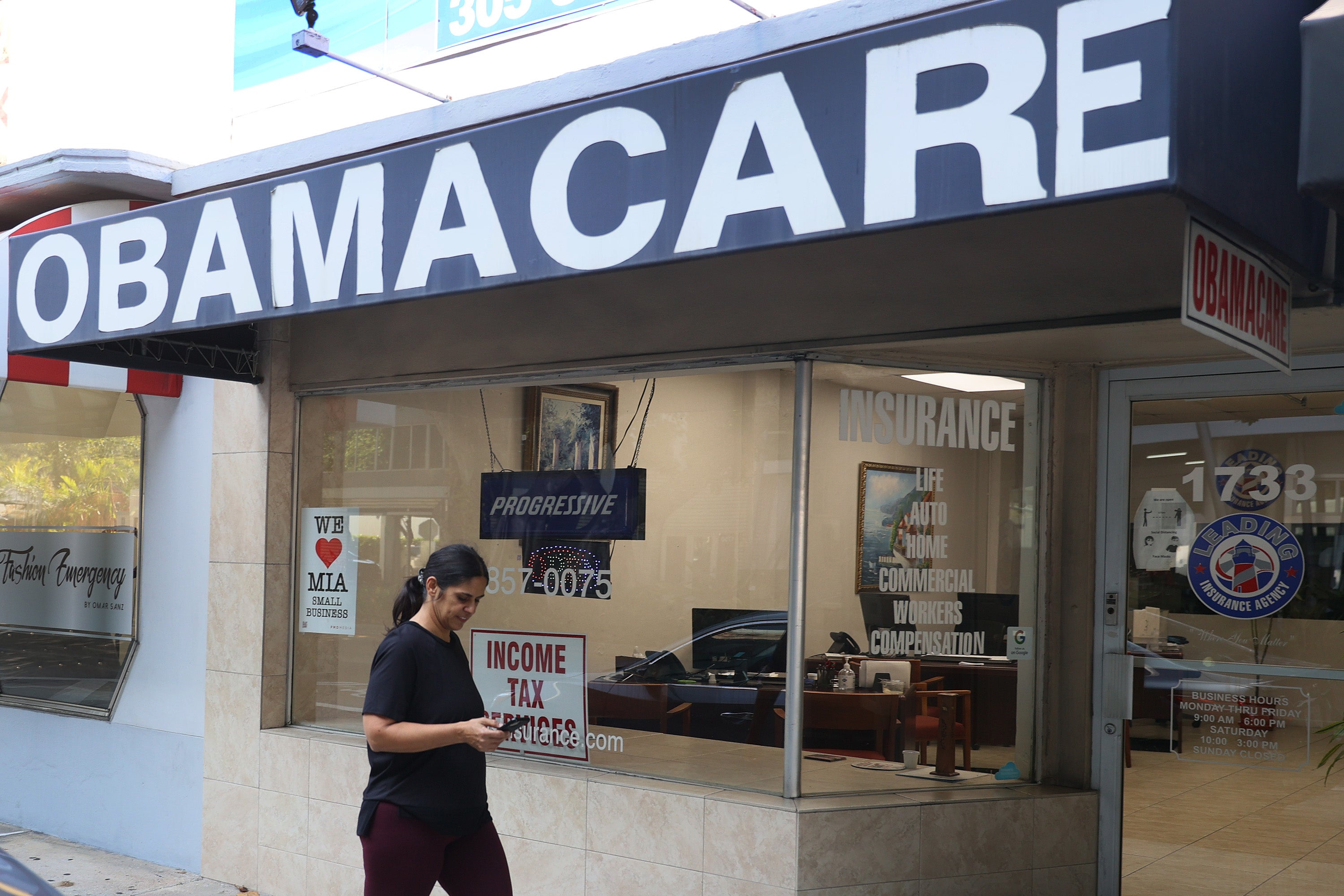People who receive health insurance through the Affordable Care Act, also known as Obamacare, are set to see their premiums jump by 18 percent, according to analysis of preliminary insurance rates.
Under Obamacare, people who may not have health insurance through their employer but are not eligible for Medicaid can purchase health care on state exchanges. If they earn an income below a certain threshold they could be eligible for tax credits.
The hike in insurance premiums is due to rising healthcare costs, inflation, uncertainty over federal policy changes and, potentially, President Donald Trump’s tariffs, according health policy think tank KFF.
The think tank analyzed filings from 312 insurers across 50 states and Washington, D.C. to state regulators detailing their expectations and rate changes for Obamacare plans for 2026.
The increase in the median premium is more than double last year’s 7 percent proposed increase and is the largest rate change health insurers have requested in five years, the think tank found.

“Tariffs could potentially put upward pressure on the costs of pharmaceuticals and medical supplies, driving premiums upward in 2026,” the report summarized. “However, there is considerable uncertainty about how these trade policies will impact medical pricing, and insurers vary in how (or if) they factor tariffs into their rate development.”
Tax credits for the Affordable Care Act will expire at the end of the calendar year unless Congress intervenes. Insurers also cited this is a factor in higher premium rates.
“The expiration of enhanced tax credits will lead to out-of-pocket premiums for ACA marketplace enrollees increasing by an average of more than 75 percent, with insurers expecting healthier enrollees to drop coverage,” KFF’s report said. “That, in turn, increases underlying premiums.”
Experts warned that the increase in premiums is going to “shock” a lot of Americans.
“I think there’s going to be a lot of sticker shock of people who aren’t following this debate in Congress and are going to be stunned by just how much their rates go up, because the premiums will increase substantially,” Jonathan Oberlander, a professor of social medicine at the University of North Carolina-Chapel Hill, told The Independent.
“They might not get employer-sponsored health care, but they’re like realtors or entrepreneurs or small business owners or Uber drivers,” one former Capitol Hill aide who now works in health care told The Independent. “These folks – going to the exchanges trying to purchase their health insurance, they’re on the precipice of seeing a big cost of living increase.”
Additional reporting by Eric Garcia.




